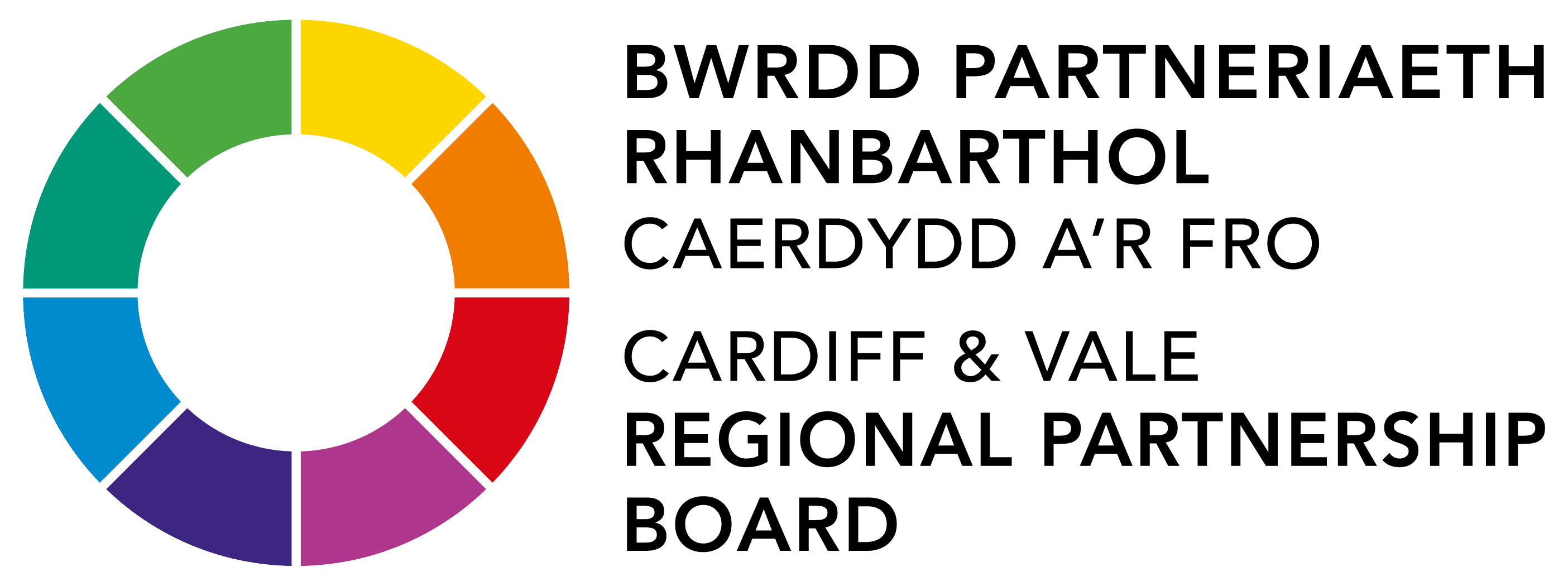
Neurodivergence
Neurodivergence and Autism Code of Practice Update
Autism Code of Practice
The Delivery of Autism Services Code of Practice was published by the Welsh Government in September 2021. This aimed to provide clarity about the legal rights of autistic adults and children and what people should expect from health boards, local authorities and NHS trusts and Regional Partnership Boards.
Cardiff and Vale University Health Board, Cardiff Council and Vale of Glamorgan Council and Cardiff and Vale Regional Partnership Board (RPB) have worked together to:
- Develop a local strategic group to have oversight and monitor the implementation of the code of practice
- Carry out a baseline assessment of Code Recommendations with stakeholders
- Create an Action plan to monitor the implementation of the Code
- Appoint an Autism Champion within our RPB who is Keith Ingram, Autism Lead Officer, IAS
- Establish an Assessment of Care sub-group
Four key areas of the Code of Practice:
- Autism Assessment and Diagnosis
- Accessing Health and Social Care Services
- Awareness Raising and Training in Autism
- Planning and Monitoring Services and Stakeholder Engagement
Neurodivergence (ND) update
The Welsh Government recognised the pressure that ND services were under, which intensified as a result of the pandemic. They reviewed the demand for their services and their capacity to meet people’s needs.
The Deputy Minister for Social Services, Julie Morgan MS released a written statement called Improvements in Neurodevelopmental Conditions Services that set out three goals for ND services:
Three key goals to guide investment in and reform of ND services and the wider system:
- Faster access to early help and support;
- Faster access to a specialist ND assessment for those who would benefit from it;
- Equity of access to services and support.
The Minister set out three principles that should underpin ND services:
- A whole systems approach with the active involvement of a range of sectors, and a lifelong (cradle to grave) approach;
- Moving, as far as possible, to a more person-centred, needs-led approach (rather than being diagnosis-led), which is easy to access and better able to handle the vast range of experiences that people have;
- Reform of ND services and the wider system should be informed by evidence, done co-productively, and be subject to monitoring and evaluation.
Recommendations included in the report:
- Raising awareness and understanding of ND in services,
- Actively reaching out to engage people who represent the diverse population in our region
- Ensuring it is easy to access support
- There should be a clear national support offer, so wherever someone lives they can access a consistent level of support
- Services should work more closely together
Autism Training
All health and social care staff have access to Autism Wales’ interesting and practical training, giving the knowledge people need to effectively provide support to autistic people.
Module 1: Understanding Autism
An introduction to what autism is, how it affects the day-to-day life of autistic people and advice to help you support people with autism.
Module 2: Effective Communication
Differences in communication styles, how to communicate effectively and the impact environmental factors can have on communication.
These modules are recommended for all staff. UHB Staff should search for 000 Autism Awareness on ESR to complete the training.
Case Studies
Our Priorities

DECHRAU’N DDA
STARTING WELL
We want every child in Cardiff and Vale to have the opportunity to thrive. Our work focuses on children in vulnerable situations and the services that support them.

HENEIDDIO’N DDA
AGEING WELL
We know how hard it can be to find help when people need it the most. We want to make sure there is community support to help people stay as healthy as possible so they can carry on doing the things that matter most to them.

BYW’N DDA
LIVING WELL
As a Partnership we have worked together with people with a learning disability, their families, carers and the third and independent sector to produce a clear direction for the planning and delivery of adult learning disability services across the region over the next five years.
